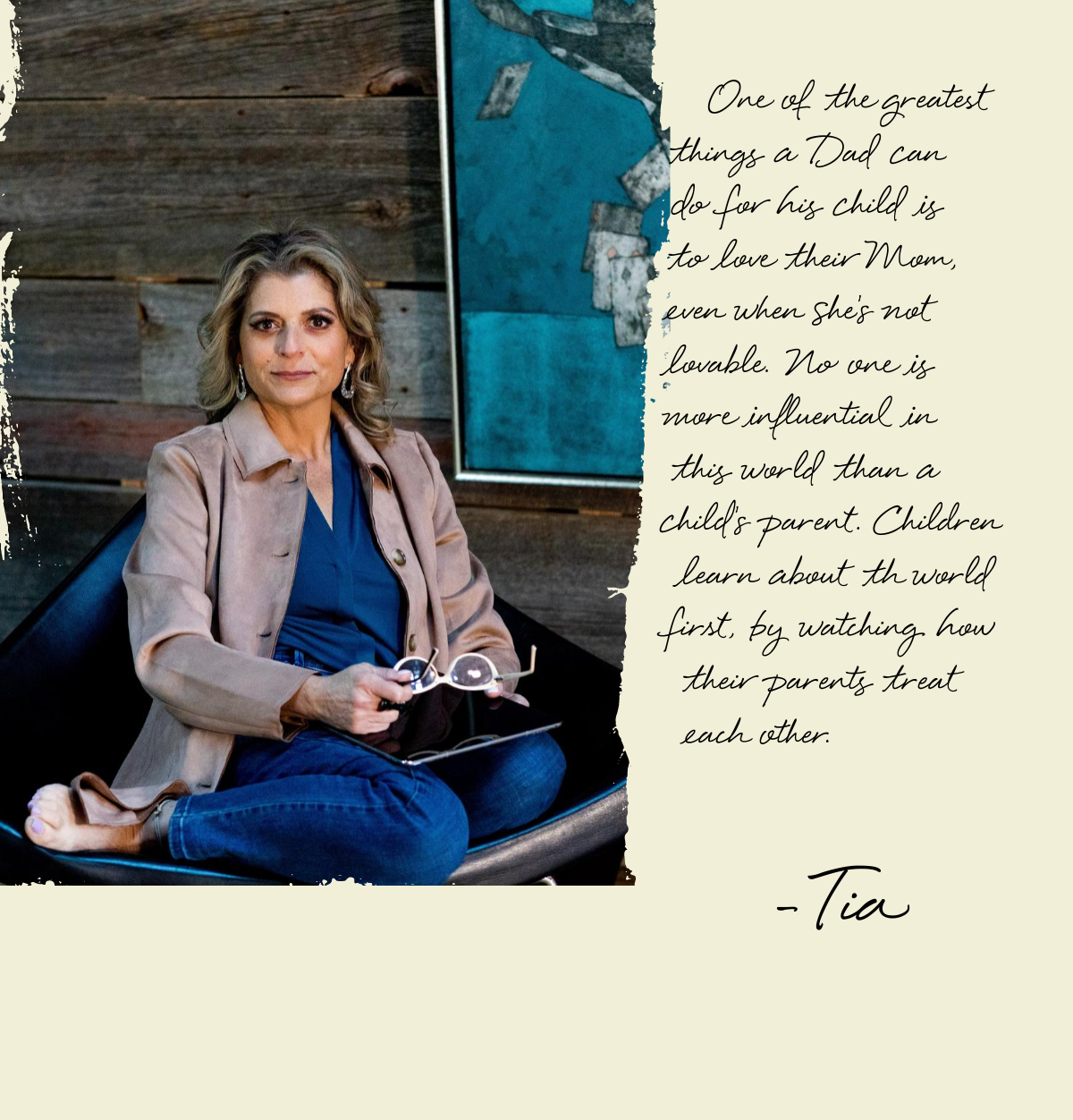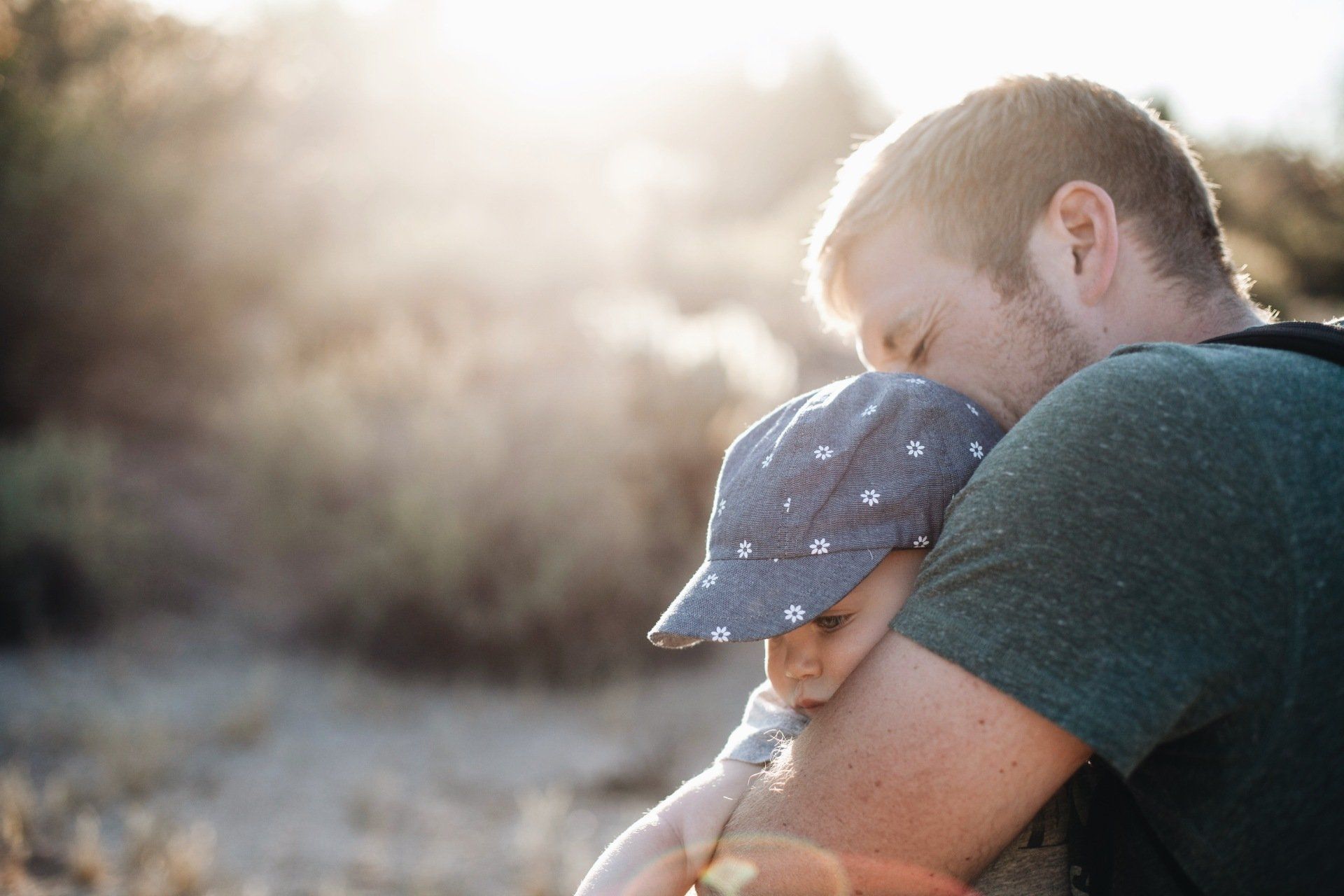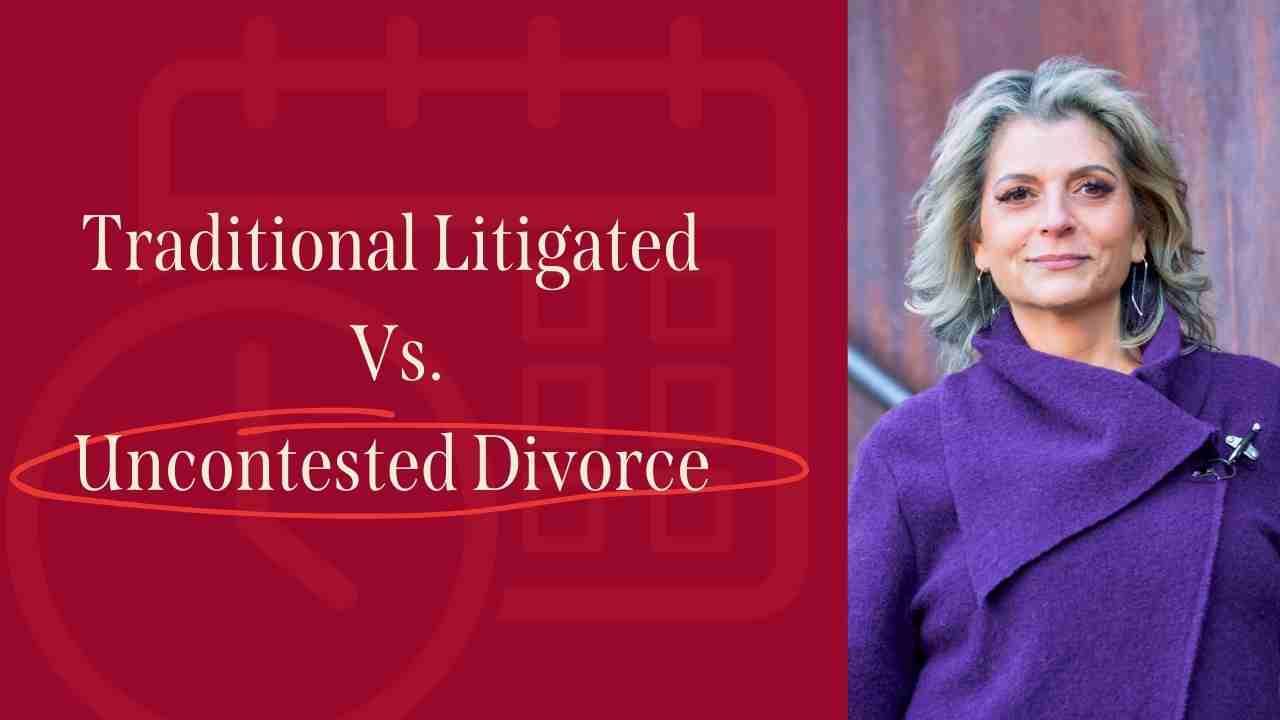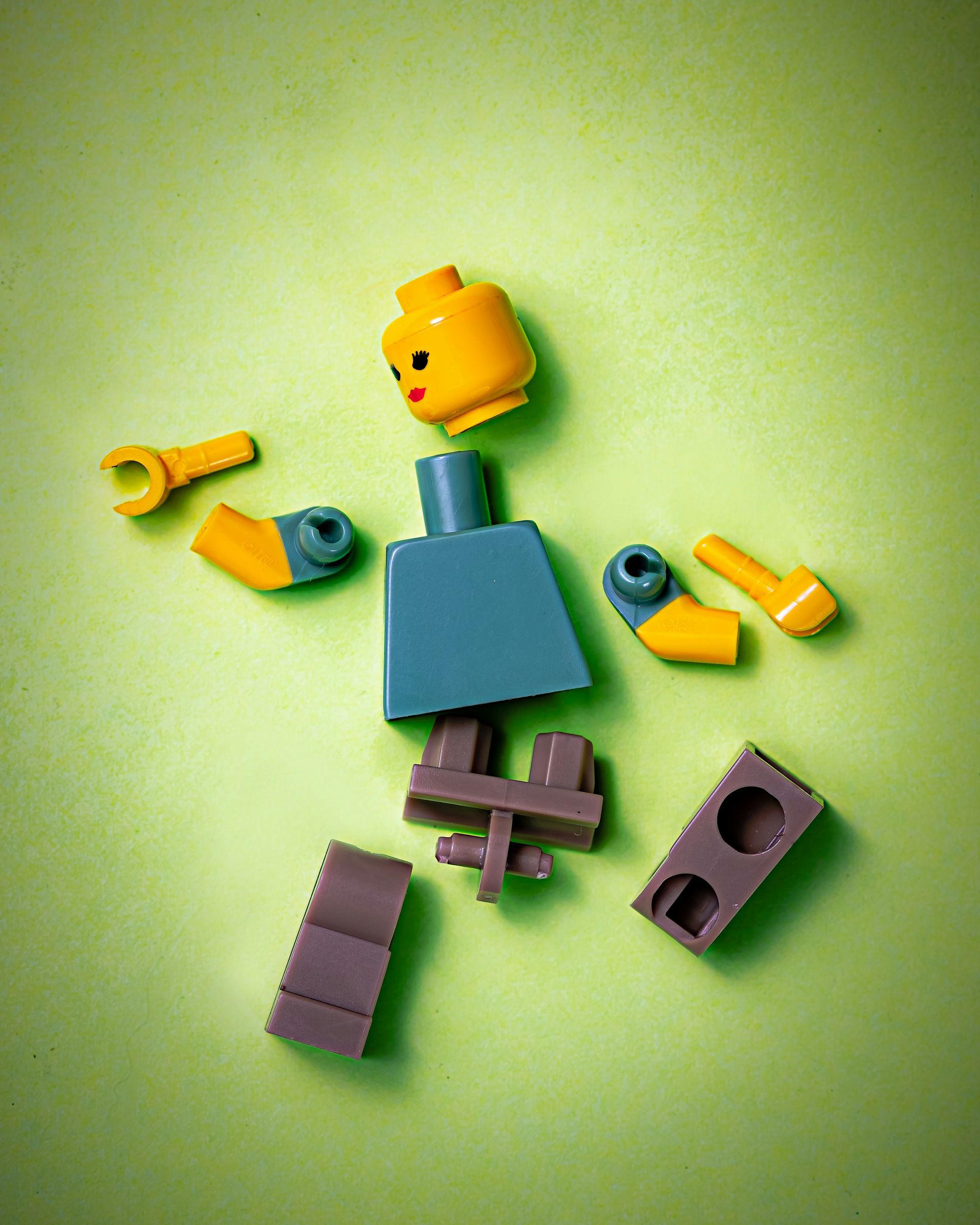THE VITAL ROLE OF FATHERS AND STEP-FATHERS

Divorce is a traumatic life change that profoundly affects children.
During this challenging time, the presence and active involvement of fathers, step-fathers, and father figures WILL have a profound and positive impact on a child's well-being. Here are some key reasons why their roles are so crucial, especially during and after divorce.
The Unique Role of Step-Fathers
My now-husband has been a stepfather to two of our sons, playing a unique and vital role in their growth and development as men. After my ex-husband moved out of state shortly after remarrying, our boys were still in grade school. My husband stepped up to fill the gaps left by their father's absence, with his parents treating my boys like their biological grandsons.
He volunteered at their school on their birthdays every year, attended all their soccer and swim meets, and marching band performances, taught them how to drive, and introduced them to movies from the 1980s. He camped with them on the trampoline, wrestled with them after work, and stayed up late to help with science projects. Most importantly, he exemplified how men should treat their wives and father their children.
When we had a third son together, he was always mindful of ensuring his stepsons felt equally loved and treated the same as his biological son. His successful integration into my sons' lives reinforced their sense of belonging and security, fostering a supportive family network they never had before.
Stability and Emotional Support
Children crave stability, especially during the upheaval of divorce. Fathers can provide a sense of security, safety, continuity and normalcy amidst the changes that are different from mothers. Their consistent presence helps reassure children that they are safe, loved and supported, regardless of the changes in family structure. This emotional support is vital for the child's overall well-being and development.
Different Parenting Styles Are Not a Bad Thing
Differing parenting styles can complement each other and provide the child with exposure to benefits of both the masculine and feminine approach to parenting. Fathers often have a different approach to parenting that complements the nurturing style commonly associated with mothers. They may encourage more risk-taking and independence, allowing children to develop resilience and problem-solving skills. This balanced dynamic helps children gain a broader range of experiences and learning opportunities, fostering emotional and psychological growth.

Encouraging Independence and Exploration
Fathers are often seen as more likely to encourage their children to explore their environment and try new things. This encouragement fosters a sense of adventure and curiosity in children, helping them to become more confident and independent. This sense of independence is particularly beneficial during the changes brought about by divorce.
Different Communication Styles
Fathers and mothers often communicate differently with their children. Fathers might use more direct and concise language, which can help children learn to process information and instructions quickly and effectively. This diversity in communication styles aids in the development of versatile communication skills in children, enhancing their social development.
Modeling Male Relationships
For both boys and girls, fathers provide an essential example of male relationships. Boys learn about masculinity and how to interact respectfully and empathetically with others, while girls gain insights into positive male behavior, which can influence their future relationships. These lessons are invaluable for children as they navigate their own lives and relationships.
Problem-Solving and Critical Thinking
Fathers often emphasize practical problem-solving and critical thinking. They might encourage their children to tackle challenges head-on and find solutions independently, which is crucial for developing self-reliance and analytical skills. These skills are particularly important as children adjust to the new dynamics post-divorce.
Emotional Regulation and Stability
Fathers can provide a unique perspective on emotional regulation and stability. They often model how to handle stress and emotions in a controlled and composed manner, teaching children valuable lessons about managing their feelings in various situations. This stability is critical during the emotional upheaval of divorce.
Role in Social Development
Fathers play a significant role in their children's social development. Their involvement helps children develop a strong sense of security and self-esteem, which is essential for forming healthy relationships with peers. Fathers also introduce their children to diverse social settings and experiences, broadening their social horizons and enhancing their social skills.
The presence and involvement of fathers and step-fathers during and after a divorce are critical for the emotional, academic, and social well-being of children. By providing stability, serving as role models, and promoting positive co-parenting, these father figures help ensure that children navigate the challenges of divorce with resilience and strength. Fathers offer unique attributes and perspectives that are different from those provided by mothers, contributing to a more comprehensive and balanced upbringing for children. At Evolved Law, we recognize and celebrate the vital role fathers and step-fathers play in their children's lives, supporting them through every stage of the divorce process and beyond.


Divorce doesn't have to be a bitter end; instead, it can be a beautiful beginning.
Tia is teaching clients how to experience divorce as an opportunity for positive transformation, rather than a force of inevitable destruction.
Follow along on socials to learn how Evolved Law is redefining divorce!












